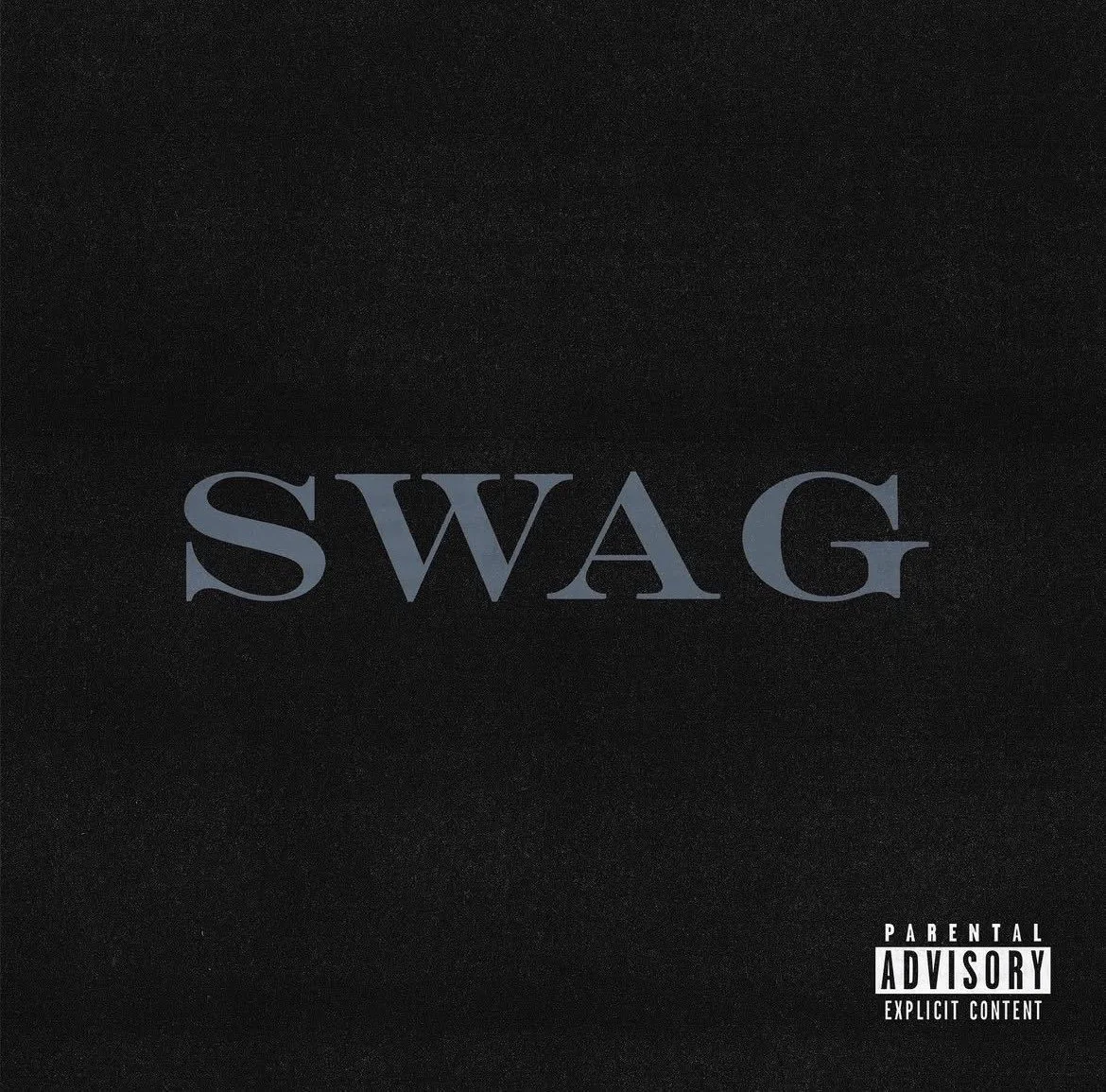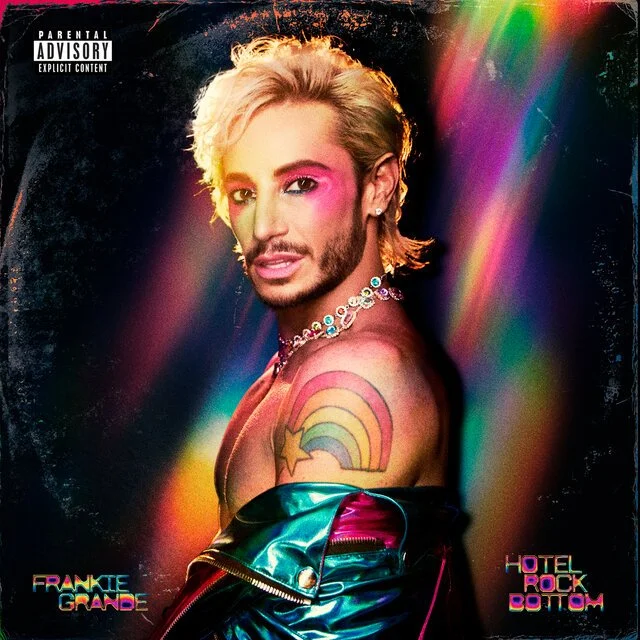Justin Bieber - SWAG
Four years since his last full-length release, Justin Bieber returns with SWAG, a 21-track offering that feels less like a statement and more like a sigh. Cloaked in lo-fi textures courtesy of Dijon and Mk.gee, the album aims for intimacy but lands closer to inertia. Melodically muddled and lyrically thin, SWAG plays like a tired echo of ideas Bieber has already explored — only this time, he sounds thoroughly exhausted.
If there’s a single takeaway from SWAG, Bieber’s seventh studio album, it’s this: Justin Bieber is happy. Or at least he really, really wants us to believe he is. Following a tabloid-fueled narrative of marital unrest and cryptic social media posts, the Canadian pop star seems intent on reclaiming the story. He does so not with reinvention, but repetition — swapping artistic hunger for a sprawling, self-satisfied chronicle of suburban contentment.
Under the gauzy sheen of lo-fi beats, Bieber proclaims his love for his wife Hailey, his joy at fatherhood, and his appreciation for life itself. These are admirable sentiments, but they come with a distinct sense of déjà vu — recalling the earnest declarations of 2020’s Changes and 2021’s Justice, albeit without the spark of creative urgency that occasionally animated those records. On SWAG, Bieber doesn’t sound inspired so much as emotionally tapped out.
Framed as a surprise release, SWAG positions Bieber as a model husband and proverbial “green flag.” But the messaging often feels clumsy, even cartoonish. On “GO BABY,” he offers up the instantly memeable line: “That’s my baby, she’s iconic, iPhone case, lip gloss on it.” It’s a sentiment that might’ve seemed endearing on paper, but lands as unintentionally comical — akin to the now-infamous “Shout out to your mom and dad for making you” from Changes’ “Intentions.” After what feels like the tenth Hailey-dedicated track, one starts to wonder: is this genuine affection or performative reassurance?
The album’s narrow thematic range and shapeless genre-blending only deepen the sense of fatigue. By the time the back half rolls in, SWAG begins to resemble a loosely organized dump of voice-memo demos and mumbling melodies, with Bieber’s heavily processed vocals occasionally evoking the sterile chime of a subway ticket machine. Only the scattered interludes offer hints of structure — though their presence raises more questions than answers.
Nowhere is SWAG’s dissonance more pronounced than on “SOULFUL,” a skit featuring comedian Druski, who declares — without a shred of irony — that Bieber, though white, possesses “the soul of a Black man.” It’s an uncomfortable moment, one that dredges up the long-running critiques of Bieber’s complicated relationship with Black culture. That he includes it without commentary speaks volumes — and not in the way he might hope.
There’s a similarly jarring tonal whiplash on “THERAPY SESSION”, in which Bieber vulnerably discusses his mental health — only to be followed immediately by a raunchy verse from Sexyy Red, who gleefully raps about anal sex. It’s a bizarre juxtaposition, but oddly enough, Red is one of the few bright spots here: riding glimmering ‘80s synths, she delivers exactly what you’d expect, if not a little more.
Lil B, the internet's patron saint of positivity, pops up to assist on “DADZ LOVE,” a track that flirts with greatness but, like so much of SWAG, never quite figures out what it wants to be. Elsewhere, Bieber revisits his trap roots with a feature from Gunna and pens a quasi-ironic love letter to 2013 with the titular “SWAG.” These genre detours arrive so late in the tracklist that they feel like afterthoughts — odd diversions tacked onto an album that can’t decide if it wants to be a diary, a flex, or a sermon.
Speaking of sermons, the final track, “FORGIVENESS”, closes the album with a gospel interlude delivered entirely by a pastor. Bieber himself is absent, leaving the listener with a vague, half-formed notion of redemption that feels more like a placeholder than a resolution. It’s hard to tell if this is meant as a spiritual coda or just another fragment from an overstuffed mood board.
In the end, SWAG isn’t Bieber’s worst album, but that’s a low bar to clear. It’s a listless, haphazard patchwork that feels more like a fever dream than a cohesive body of work—like dozing off in front of a screensaver set to ambient trap. Perhaps the album wasn’t meant for skeptics or critics. Perhaps it exists solely for the headlines and for Hailey. Either way, one thing is clear: Justin may be content, but he’s never sounded more disconnected.
4.6/10




